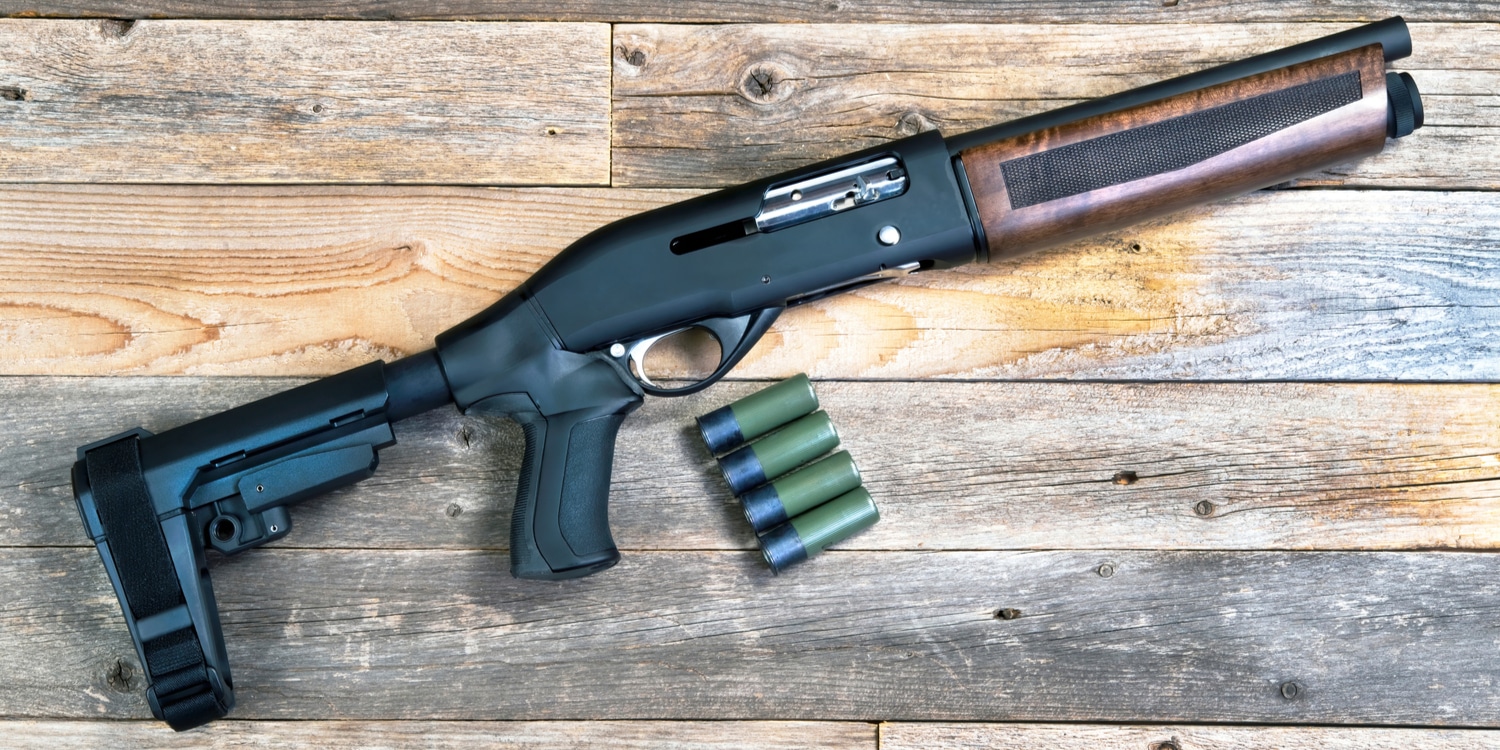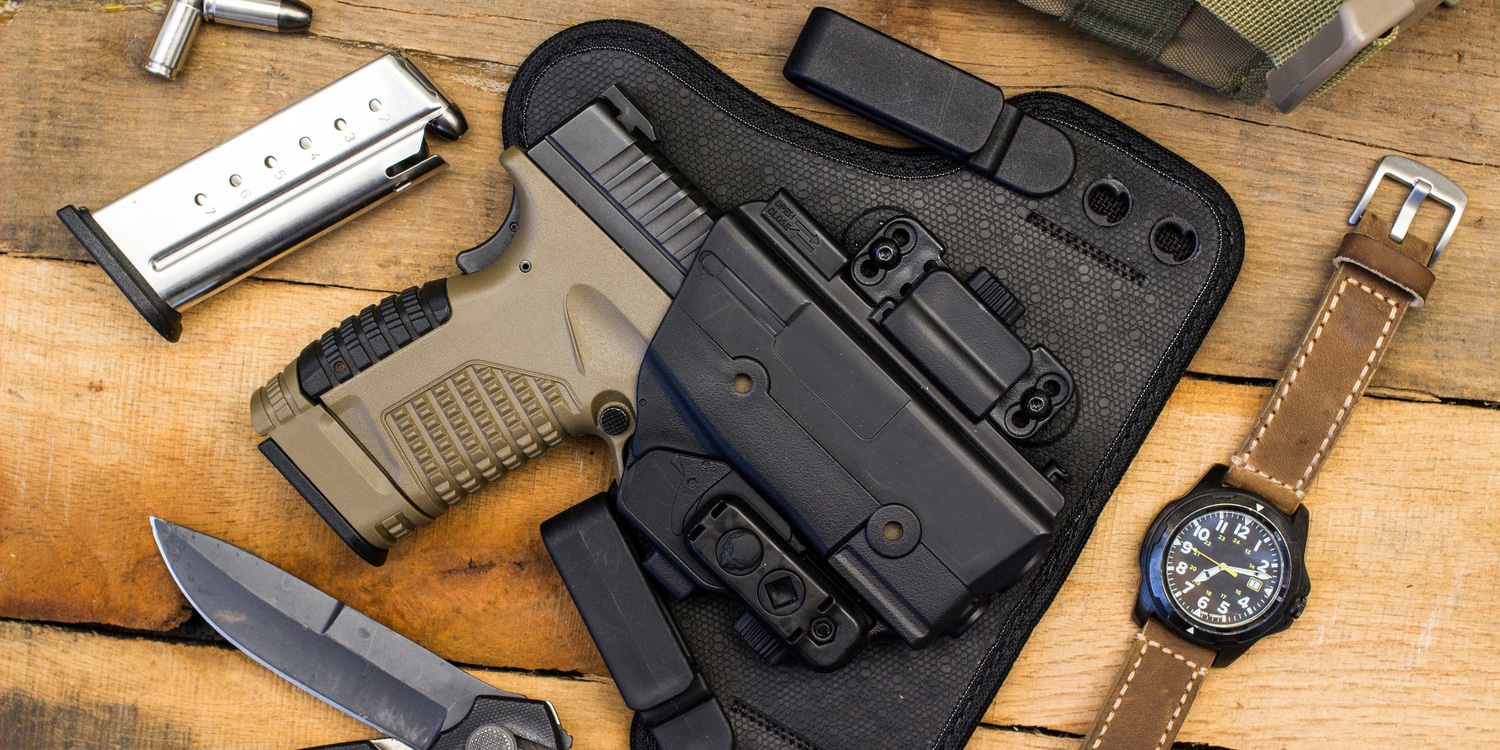
All About Short-Barreled Shotguns
Short-barreled shotguns, also known as SBSs, are one of the types of guns that are regulated by the National Firearms Act (NFA). At The Hub,

Short-barreled shotguns, also known as SBSs, are one of the types of guns that are regulated by the National Firearms Act (NFA). At The Hub,

Arizona is a constitutional carry state. This means you don’t need a concealed carry weapon (CCW) permit in order to carry a concealed firearm, provided
1400 S. Alvernon Way
Tucson, AZ 85711
(520) 274-7908
9am-6pm Monday – Saturday
Closed Sundays


Need an FFL Transfer?
Looking for our online store?
Would you like to register for a CCW Class?
Want to book time in our Shooting Range, or our MILO Virtual Range?
If you still have questions, submit this form and we’ll get back to you as soon as we can.